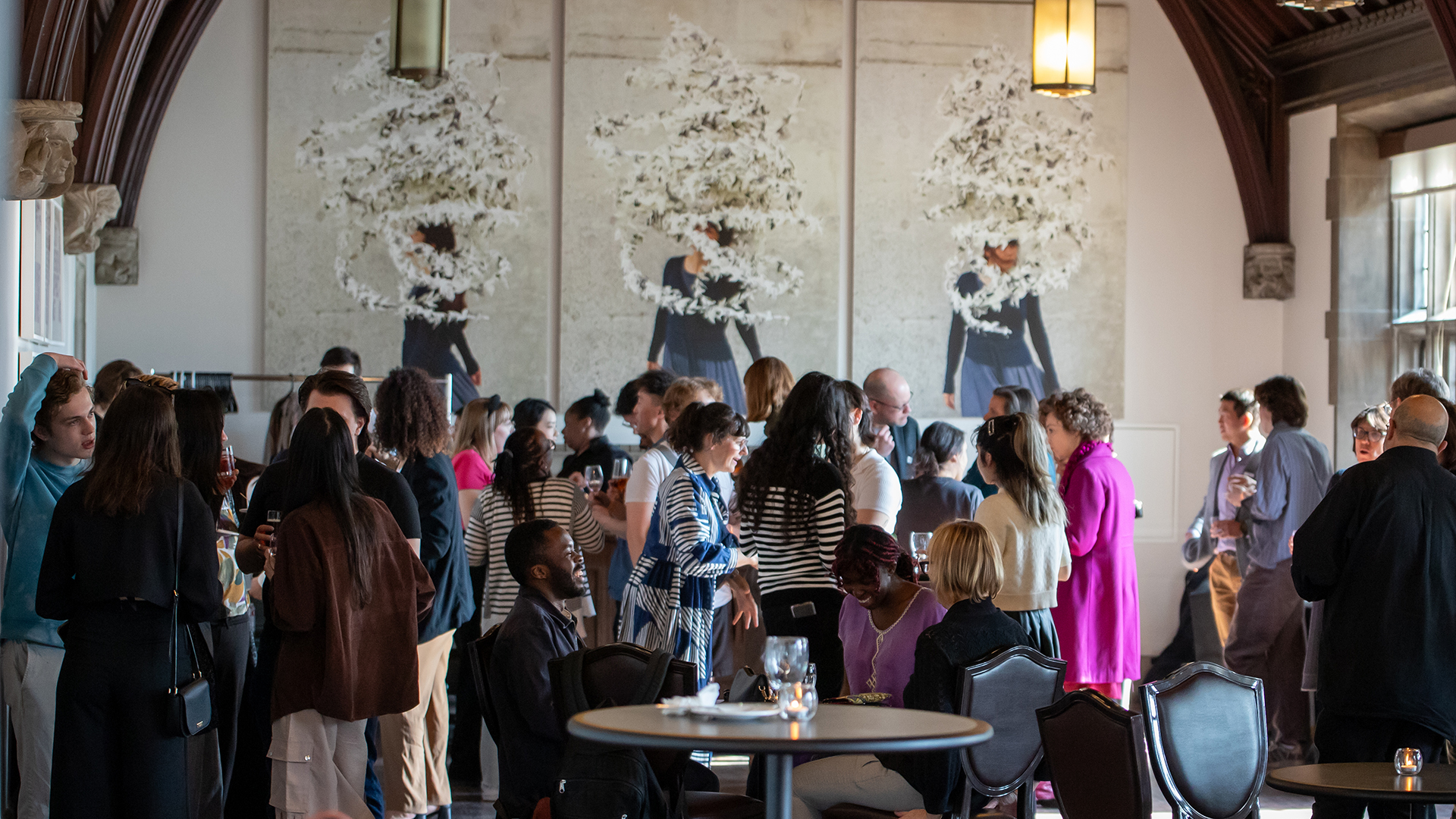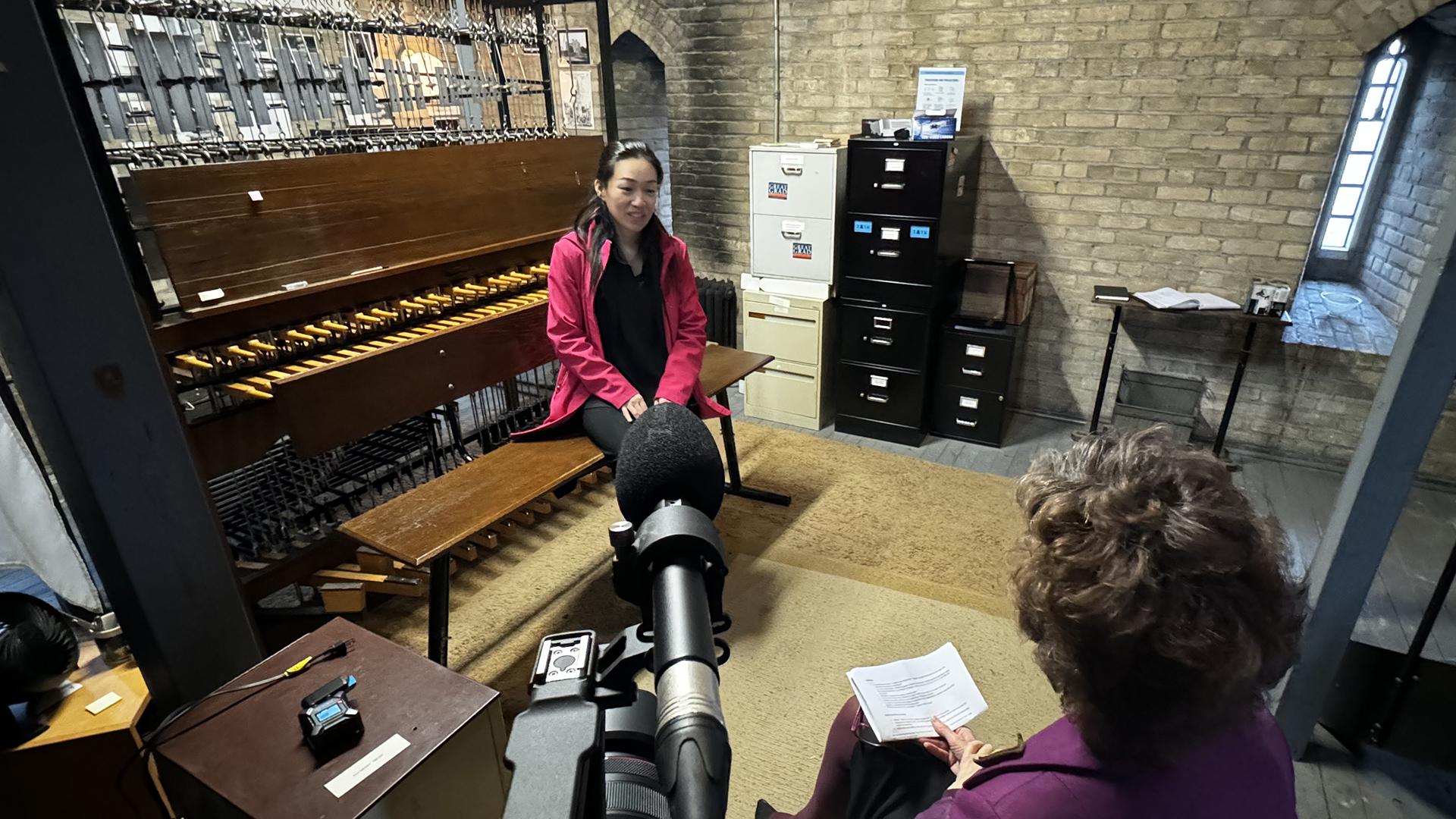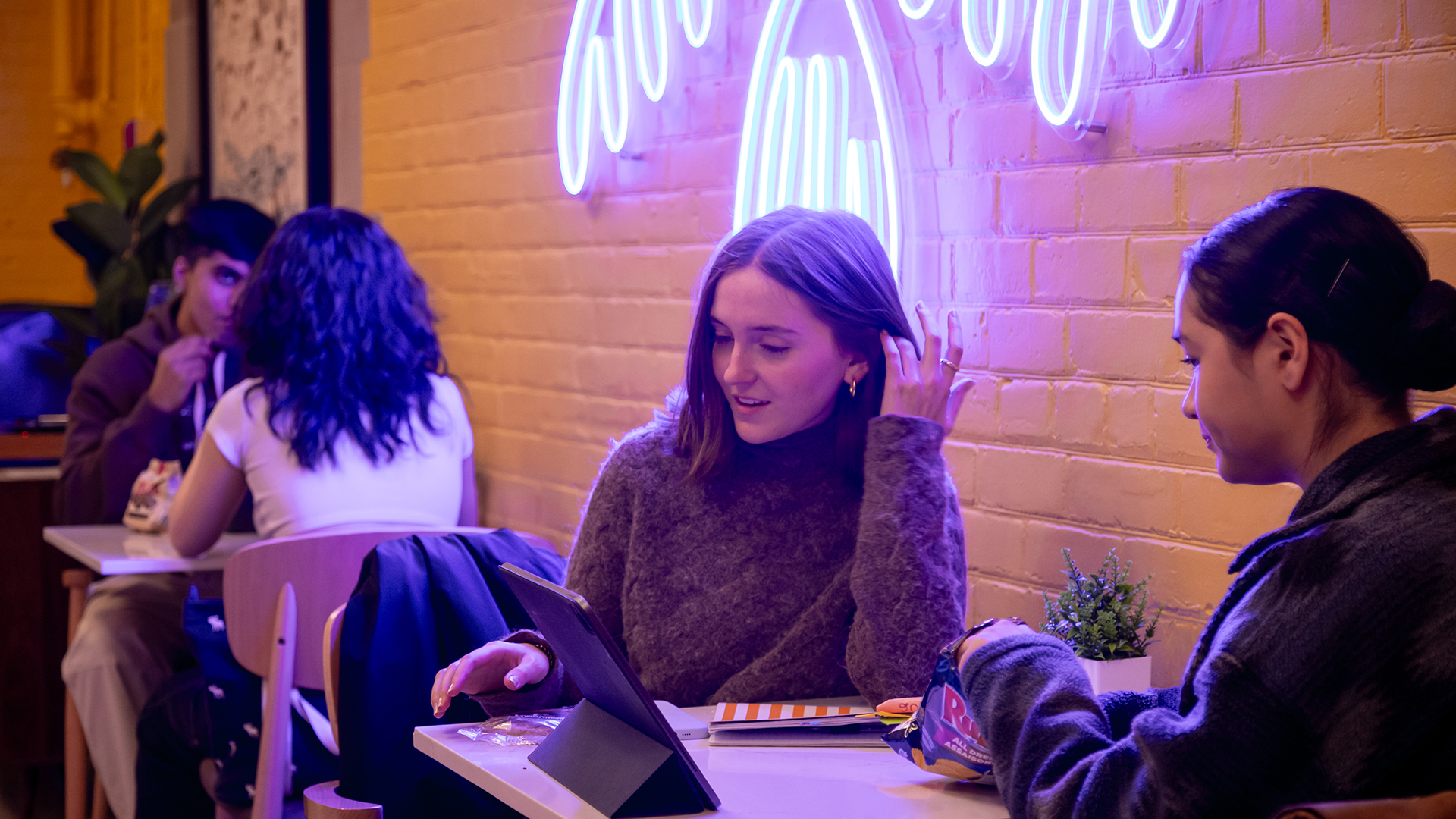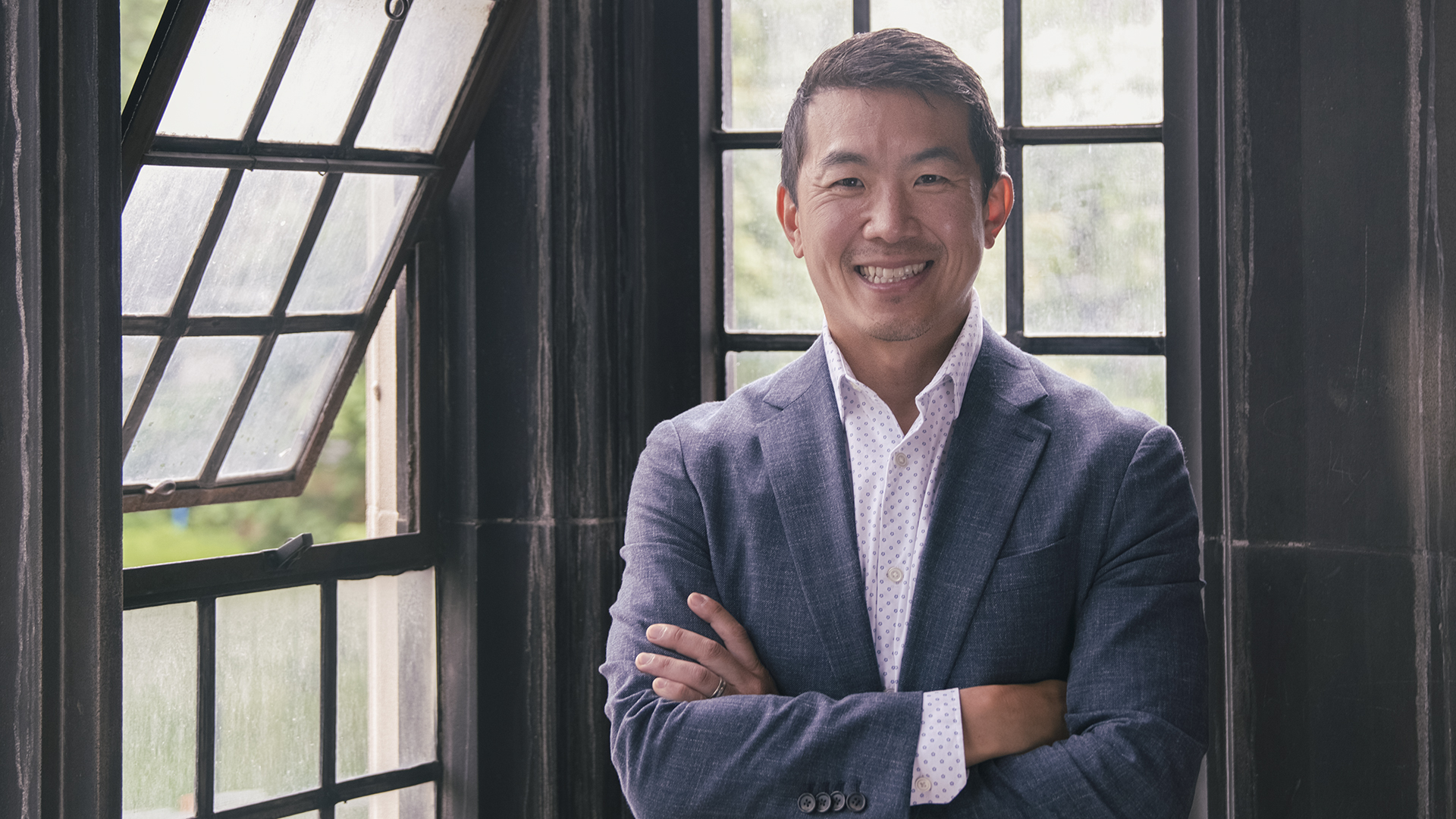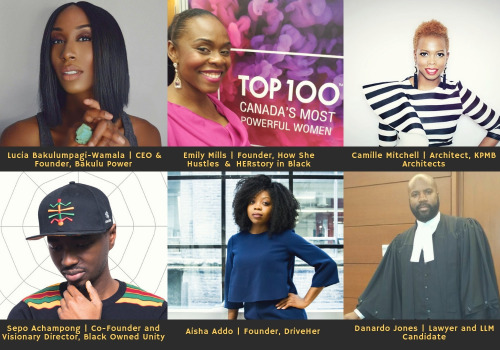
These innovators and entrepreneurs are leading the game. Now they want to tell you how they got there.
Huda Hassan
It might be the middle of the winter semester, but it’s never too early to prepare for the job market as a student. Finding a job isn’t easy, and networking—a crucial component of locating work—is equally as hard.
To make the experience easier for students (and in celebration of the Black Futures series at Hart House), we spoke to five lucrative and innovative professionals across varying fields: Aisha Aido is an app developer and founder of Power To Girls Foundations; Lucia Bakulumpagi-Wamala is a CEO; Camille Mitchell is an architect; Danardo Jones is an activist and a lawyer, and Sepo Achempong co-founded a social enterprise.
These five innovators have top-tier advice about how to make the most of a networking event, how to always be prepared for a professional setting, and the best career advice they’ve ever received. The following are tips that are useful to any university student looking for meaningful employment, or to start a meaningful business, upon graduation.
To get more advice from the following entrepreneurs, you can meet them at the Black Entrepreneurs and Visionaries Table Talk on March 11, 2019, from 1–3pm.
If I were to give advice to anyone interested in attending a networking event, I would tell them…
Aisha Aido: One key advice I would give to students attending networking events is to go on your own. Do not go with friends or people you are comfortable with because it allows you to step a bit out of your comfort zone and meet new people. Also, if possible, do a bit of research on the people you would be interested in meeting or learning from. If you do make connections, take contact cards or connect via Linkedin—and reach out right away, either the same day or the next day.
Danardo Jones: I would encourage students to do some reconnaissance on the folks that are a part of the event. It is important to have a feel for the room before entering it. This will give valuable insights that may help with approaching interesting guests/presenters etc. I would also say to bring along a curious mind. Experience the event as an end in itself as opposed to a means to some desired goal. This approach, I believe, is liberating. You will absorb more information and make connections with people that you may have never thought of connecting with.
Camille Mitchell: Do your research and have your questions ready pertaining to that career. Representatives from that profession attend career fairs to share personal experience and to provide direction. It is not their intention or responsibility to help you choose a career path. The simplest resume or portfolio adds more depth and speaks to their preparedness.
Lucia Bakulumpagi-Wamala: If there are going to be speakers at an event do your research on them. If there is a particular speaker of interest — perfect! Try and find ways that you can add value to their business and lead with that if you get a chance to chat. Don’t oversell yourself (“cause when you try hard, that’s when you die hard,” as Kanye West said)—just be yourself. If you know what you’re talking about, it will show, and if you don’t know something: be honest. Humility isn’t as common as you’d think. Oh, and people love to talk about themselves. If there aren’t speakers, and you aren’t targeting anyone specifically, just try and figure out why you are attending.
Sepo Achempong: Students can bring something to take notes on points that might resonate with them. Bringing contact/business cards is always a good idea. They can also practice their pitch of what they are hoping to become and achieve. I think it’s also important for them to prepare some core questions they might want clarity on from experienced professionals ahead of time.
What can participants expect at the Black Entrepreneur and Visionaries’ Table Talk?
Aisha Aido: I believe the Black Entrepreneur and Visionaries Table Talk (on Tues. Feb. 12) will be a great opportunity to meet like-minded people but also hear from speakers who have experienced their share of triumphs and challenges in the Entrepreneurship Ecosystem. Attend to be inspired!
Danardo Jones: It is important, I believe, to see folks that look like you doing the things that you aspire to do. This is cathartic. It demystifies the notion that only certain groups, race, class, gender, etc. can do particular things. Our society has created a distorted narrative about success and how, and more importantly, who can attain it. Therefore, it is critical to have a discussion that disrupts and problematizes this narrative—one that is usually unfavorable and hostile to peoples of African Descent.
Camille Mitchell: They should expect options. Black Entrepreneurs and Visionaries are grossly underrepresented in many disciplines. This is an opportunity to hear and see from various professional associations within a short time period.
Lucia Bakulumpagi-Wamala: I hope to have a good time and connect with some new people. I’m always looking to learn so I go into things with that attitude.
Sepo Achempong: The idea of these events is to help inspire a new generation of forward thinkers by showcasing examples of leaders who have created initiatives for transformative change in their communities. Students attending can expect to gain insights into how such leaders think, and how they approach their work in order to meet the unique needs of the people they serve. It’s also a great way to see how these leaders approach and overcome challenges that might stop others from creating solutions to problems they may be experiencing.
Why are networking events important?
Aisha Aido: It allows you to expand your networks and your learnings. One of the key things that you shouldn’t take for granted as a student is access to people that you have at your schools and in your classrooms. Those people will be vital in some way on your entrepreneurship/career journey.
Danardo Jones: It assists in preparing students for their current leadership roles.
Camille Mitchell: It’s an opportunity to answer questions and seek advice.
Lucia Bakulumpagi-Wamala: Relationships are everything. The more people that you know, the more that you can learn and add value to the learning experience of others. Life is about people so get out there and meet some!
Sepo Achempong: I think these events show students what is possible in terms of what they can also achieve, the kinds of impact they can have on others, and also the kinds of income they can generate by becoming problem solvers. It gives them other options from what is typically introduced to them through formal education alone. I think when it comes to Black students especially, it is important for them to see greater spectrums of possibility when it comes to their career options. We have a lot more control than we often think. It’s possible to enjoy your work and to own it too.
What’s the best career advice you’ve ever received?
Aisha Aido: Regardless of how hard the journey gets you have to keep going. No one said anything that’s worth it would be easy.
Danardo Jones: My mother once told me to “take every disappointment for an appointment.”
Camille Mitchell: Do not set limits on your expectations; to not let perceived social, financial or familial pressures narrow my scope. Therefore, If you believe it, you can achieve it.
Lucia Bakulumpagi-Wamala: Be kind to everyone no matter their position. Life happens really fast for all of us and you just never know why someone has appeared in your life. Also, you don’t know everything - stay open to learning.
Sepo Achempong: The best career advice that I’ve received is that safe is the new risky, more so than taking a chance. I learned that it’s important to take risks and to go for it, especially when you are young. The future we want will not come without risk, so developing our affinity to risk is a big factor for dreamers; but with that said, another powerful thing I have learned in my career is the importance of managing risks. Having a big vision requires risk management.
